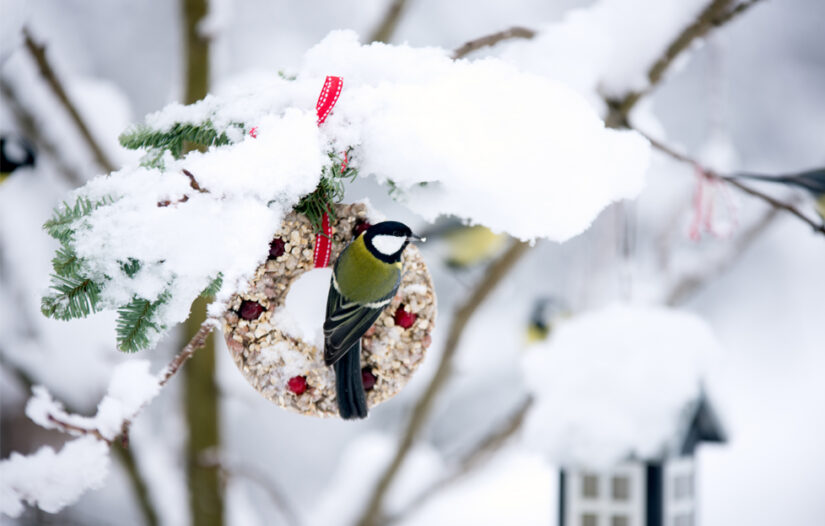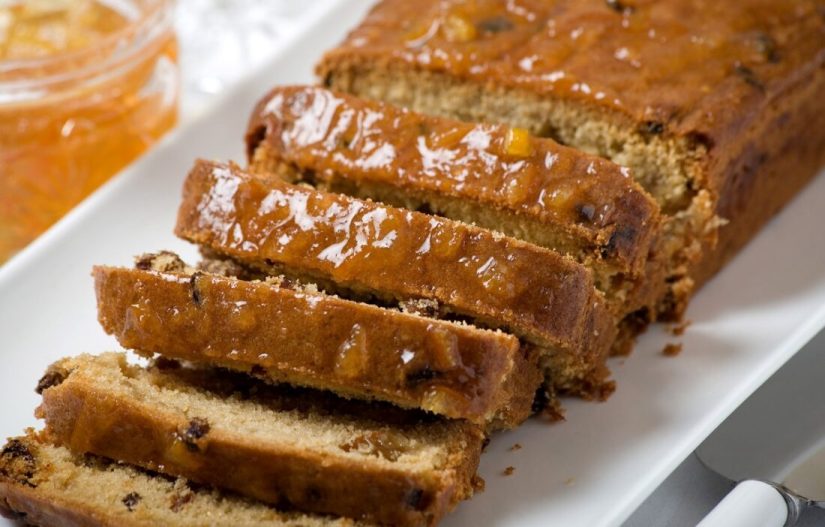
Everyone uses more energy during the winter months, whether its to defend against the cold weather, or to illuminate the nights that stay darker for longer.
Unfortunately, this usually means a bigger arriving at the end of each month.
But be of good cheer!
These quick and easy tips will help you save a little extra money. And over the Christmas period, too — what could be better?
Pull the plug
Did you know it’s far more energy efficient to turn off your electrical appliances completely, rather than using the standby button?
TVs, laptops and mobile phone chargers are still switched on even when they’re on standby, which means they’re using energy unnecessarily.
According to the Energy Saving Trust, you could save around £30 a year just by switching off appliances properly. Households with more gadgets could save between £50 and £80.
Insulate your home
Did you know that a quarter of all heat from your home could be lost through your roof if proper insulation isn’t in place?
Insulation grants are offered as part of the Government’s Energy Company Obligation Scheme, so insulating your home could be easier than you think.
Alternatively, smaller “quick fixes” can also help.
Foam tubes to cover your pipes can keep your water warmer for longer, and cost just a few pounds.
You can also use a “lagging jacket”, which fits over your boiler and helps retain heat.
At around £10, they’re a cost effective way to reduce the extra energy you use reheating water.
Deal with draughts
Draughty doors, windows and floors can waste a lot of energy — and cost a lot of money!
Although they might seem small, gaps and cracks have the potential to let out a large amount of heat, while allowing cold air in.
You could tackle this is by installing draught excluders on your doors and windows. Even keyholes and cat flaps can make a big difference, so try to keep them covered where you can.
Double-glazing is an extremely effective tool for insulating your home. Whilst installation can be costly, it’s a proven method for saving on heating bills.
Heating your home, the smart way
Technological improvements are now helping us get to grips with our energy usage.
Devices such as smart thermostats aim to reduce heating bills by giving us all greater control.
For example, some models can give us the option to heat specific rooms, while others are able to “learn” our home heating habits, enabling them to consistently maintain the right temperature at the right time of day.
If used correctly, the Energy Saving Trust estimates that devices like these could save households around £150 a year.
Investing in efficient appliances
When replacing household appliances, it’s always worth investing in finding a model with a high efficiency rating.
It may cost more initially, but the long-term payoff will help reduce your bills.
Look out for products that score an A+ and above.
Use the cold wash
When it comes to washing your clothes, choosing a lower temperature is an easy way to save money.
Turning the temperature down from 40 to 30 degrees can be up to a third cheaper. According to MoneySuperMarket, that simple switch could add up to a saving of £52 over the course of a year.
An occasional hot wash is still a good idea, though, as it helps keep the washing machine clean!
Compare energy costs
With utility bills taking up a sizeable chunk of household expenditure, switching energy providers could save you hundreds of pounds each year!
There are plenty of places to find good deals if you are willing to do a little leg work. Though be sure to carefully examine the tariffs on offer — some providers may use introductory rates to attract new customers, before raising prices further down the line.
Efficient fuels for off-grid areas
For those living in rural areas off the mains gas grid, choosing an energy efficient fuel is central to keeping bills low.
This can be done by switching from more traditional off-grid fuels like oil to a cleaner, greener alternative, such as LPG (liquefied petroleum gas).
With the lowest carbon footprint of any off-grid fossil fuel, LPG is better for the environment. It’s also cost-effective.
Its abundance of supply also makes it reliable, so you never need to worry about running out.
[1] https://www.liquidgasuk.org/uploads/DOC5A5F2DC5A7907.pdf
For more money-saving advice from “The People’s Friend”, click here.
We also frequently offer health advice, and even gardening advice for those with green fingers!




